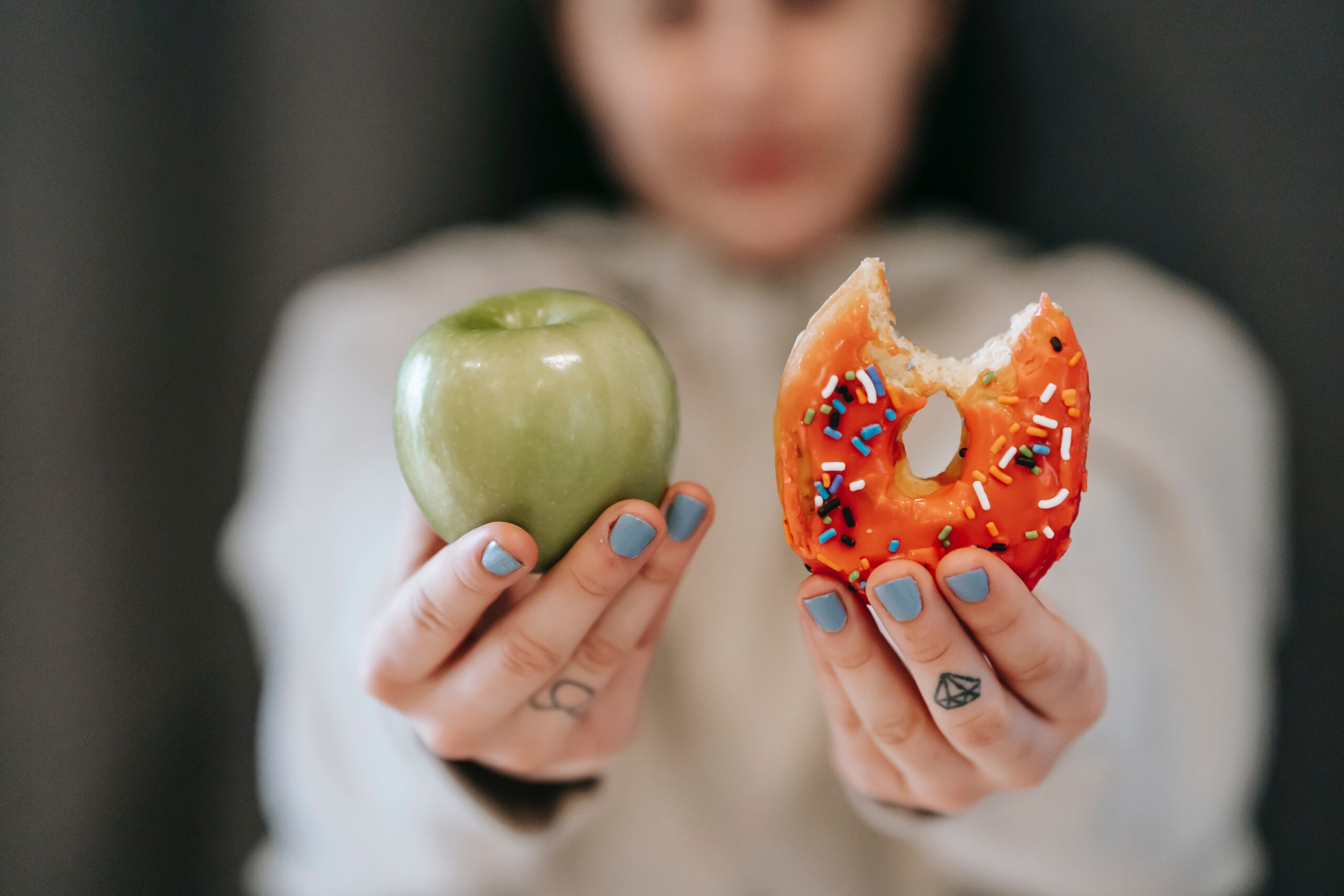Diet and sleep are two essential factors that play a crucial role in our overall health and well-being. While the link between diet and sleep is not always obvious, research has shown that the food we eat can have a significant impact on the quality and quantity of sleep we get each night. In this blog post, we’ll explore the link between diet and sleep in more detail and provide practical tips for improving both diet and sleep to promote overall health and wellness.
The Impact of Diet on Sleep
The food we eat can affect the quality of our sleep in several ways. For example, consuming certain foods, such as those high in sugar, caffeine, or alcohol, can interfere with sleep and make it more difficult to fall asleep and stay asleep throughout the night. Additionally, consuming large meals close to bedtime can cause indigestion and discomfort, making it more difficult to sleep.
On the other hand, consuming certain foods and nutrients can help to promote sleep and improve the quality of rest we get each night. For example, consuming foods that are high in tryptophan, such as turkey, cheese, and bananas, can help to increase levels of serotonin and melatonin in the body, promoting feelings of relaxation and drowsiness. Additionally, consuming foods that are high in magnesium, such as leafy greens, almonds, and avocados, can also help to promote sleep, as magnesium has been shown to relax the muscles and calm the mind.
Tips for Improving Diet and Sleep
Here are some practical tips for improving diet and sleep:
Reduce caffeine and sugar intake: Consuming high amounts of caffeine and sugar can interfere with sleep, making it more difficult to fall asleep and stay asleep throughout the night. Try to limit caffeine intake to the morning and early afternoon, and avoid consuming sugar in the evening.
Avoid large meals close to bedtime: Eating a large meal close to bedtime can cause indigestion and discomfort, making it more difficult to sleep. Try to eat dinner at least 3-4 hours before bedtime and opt for light, healthy snacks, such as fruit or yogurt, if you need to eat closer to bedtime.
Include tryptophan-rich foods in your diet: Foods that are high in tryptophan, such as turkey, cheese, and bananas, can help to promote feelings of relaxation and drowsiness, making it easier to fall asleep and stay asleep throughout the night.
Consume magnesium-rich foods: Foods that are high in magnesium, such as leafy greens, almonds, and avocados, can help to relax the muscles and calm the mind, promoting feelings of relaxation and improved sleep quality.
Stay hydrated: Staying hydrated is important for overall health and well-being, and can also have a positive impact on sleep. Aim to drink at least 8 glasses of water per day, and avoid drinking large amounts of fluid close to bedtime to avoid frequent trips to the bathroom.
In conclusion, the link between diet and sleep is an important aspect of overall health and wellness. Consuming certain foods and nutrients can help to improve sleep quality, while consuming others can interfere with sleep and make it more difficult to fall asleep and stay asleep throughout the night. It’s important to pay attention to the food we eat and to make dietary changes that can promote sleep and overall health and wellness. If you’re struggling with sleep or diet, don’t hesitate to reach out to a healthcare professional for guidance and support.
